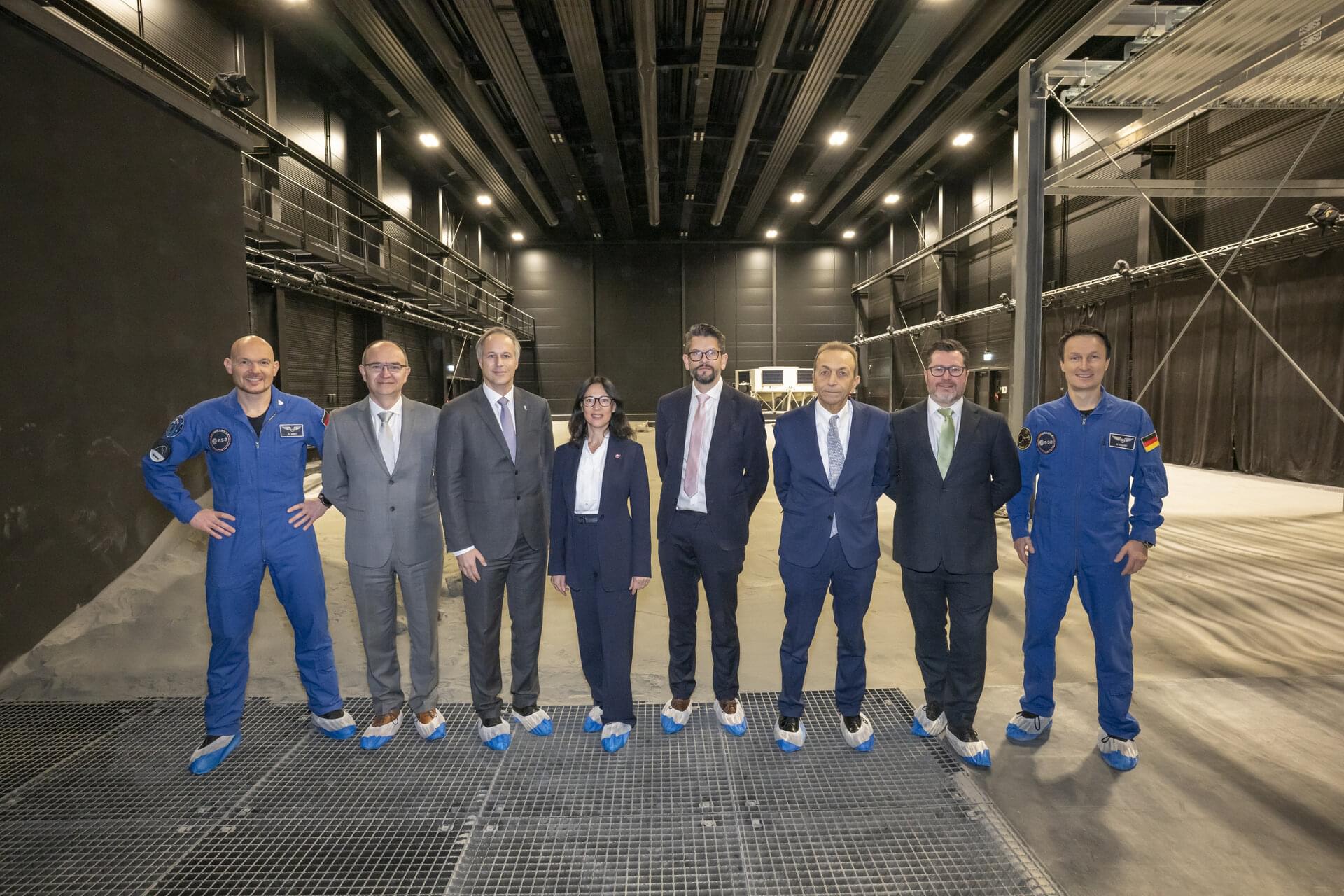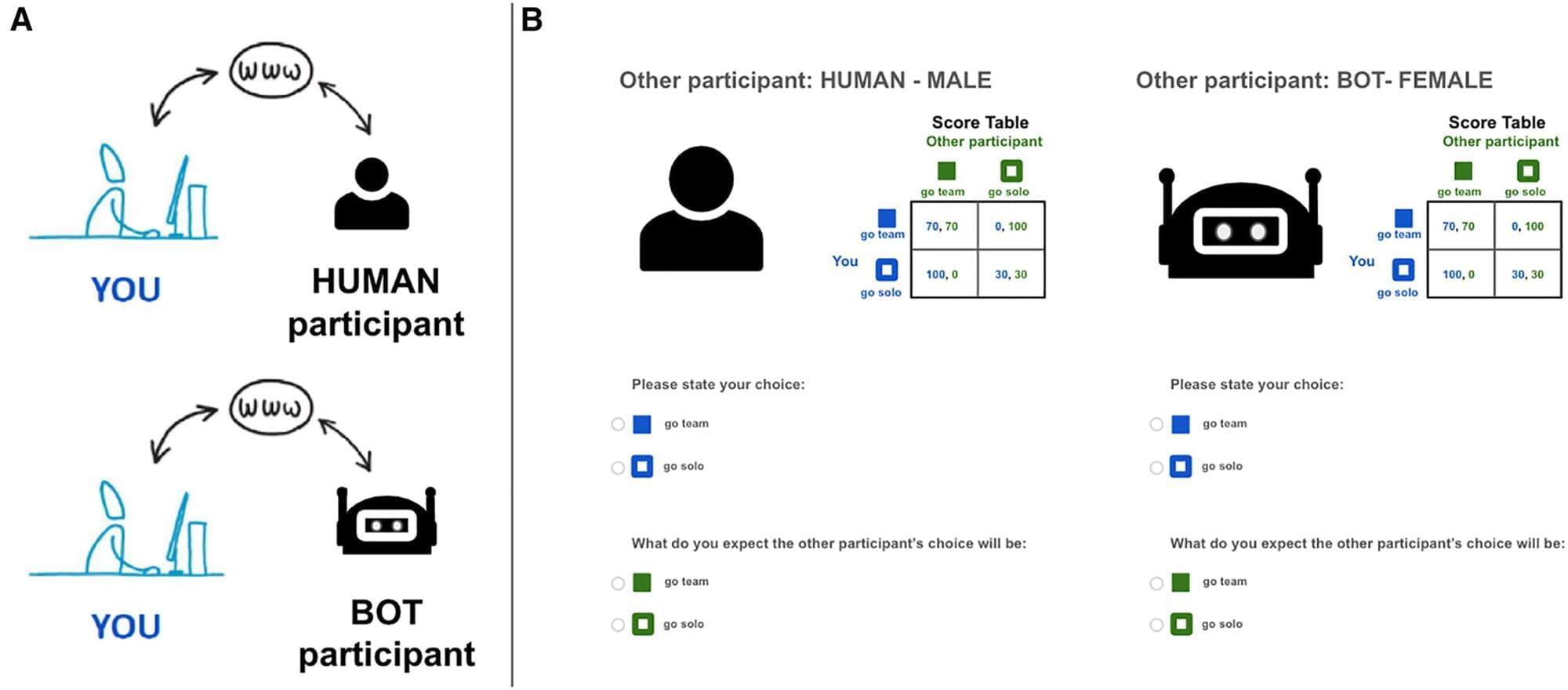For years, Rick Stevens, a computer scientist at Argonne National Laboratory, pushed the notion of transforming scientific computing with artificial intelligence.
But even as Mr. Stevens worked toward that goal, government labs like Argonne — created in 1946 and sponsored by the Department of Energy — often took five years or more to develop powerful supercomputers that can be used for A.I. research. Mr. Stevens watched as companies like Amazon, Microsoft and Elon Musk’s xAI made faster gains by installing large A.I. systems in a matter of months.








